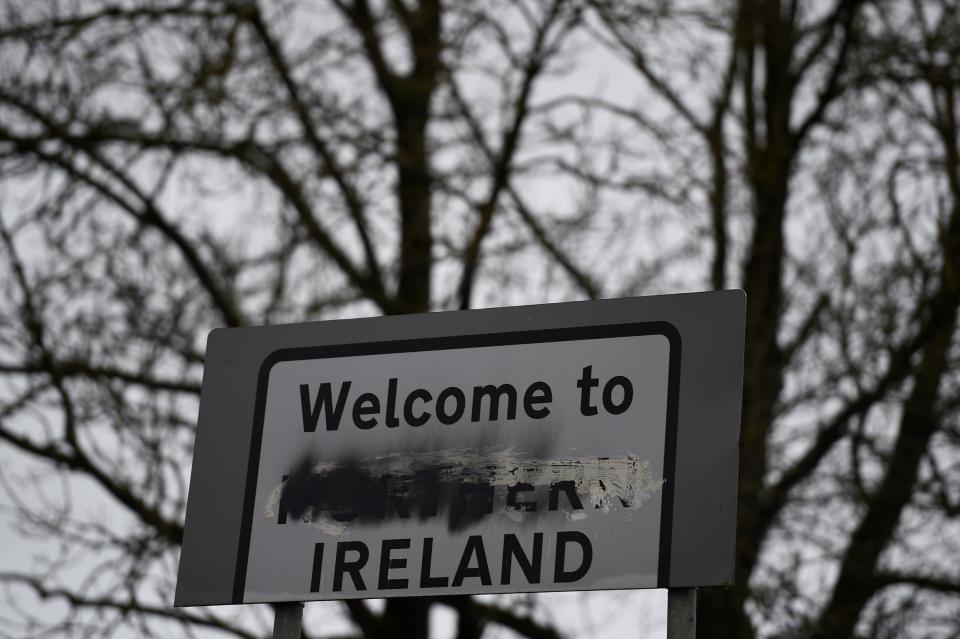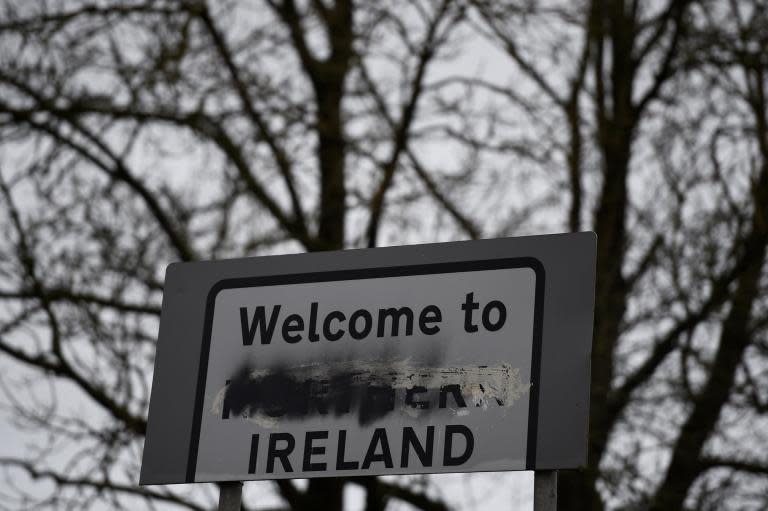Barnier says he wants to 'de-dramatise' the Irish border question. He doesn't understand how fragile peace is
The Irish border has been a tricky spot since it was created. Geographically, it’s pretty nuts, with businesses, farms and even houses straddling the dividing line. During the Troubles, the heavy military presence along the frontier made it a flashpoint for violence.
But just when it seemed to be working as well as it ever had, with frictionless movement between the north and the Republic, Brexit came along to shake things up.
The EU is insisting on a “backstop”, which means there will be no return to a physical border even if no other solution can be found.
Michel Barnier has now said he wants to “de-dramatise” the border issue, but at this point it might be too late to start trying to de-escalate the tension. The idea of returning to a hard border even being a possibility is so dramatic, it should never have been suggested.
Over two years after the EU referendum, with just six months until Brexit begins, the fact that there is still no plan for how to deal with the border has only served to heighten the drama.
Frankly, it’s patronising to talk about how “dramatic” the border issue is. It suggests something like hysteria – many public figures seem to agree that people are being a bit over the top about how Northern Ireland fits in to the Brexit equation.
This is nothing new to people from Northern Ireland – we are used to being misunderstood, if not ignored by politicians at Westminster. When Northern Ireland secretary Karen Bradley admitted last month that she didn’t really know anything about the politics or policies of the region, she was pilloried (rightly so) for her shocking ignorance, but for me, and many people I know, the only shocking part was her honesty.
However, it’s yet another reason to be concerned about how the border issue will be resolved.
With Stormont still in total disarray, a secretary of state seemingly as clueless as she is guileless, and negotiators on either side of the Brexit debate who frame the whole question as “dramatic”, a solution looks as far off as it ever has.
Even the backstop isn’t exactly reassuring. So there won’t be a return to a hard border if no other plan can be found – what does that mean? Do people stay in limbo for the foreseeable future?
The border isn’t just a political spanner in the Brexit works. It affects people’s lives, massively. Thousands of people cross the border every day, to work, shop, visit family and friends, for hospital treatment. Where I’m from, the border is now basically invisible; my phone gets better signal from Irish networks – and with no roaming charges this isn’t a problem. I can pay in most shops in either sterling or euro, and the local supermarket car park is full of Donegal licence plates.
But there are now questions hanging over all of this. How will farmers whose land lies across the border be affected? What will businesses who deal with suppliers and clients on either side have to do differently? Will it become too difficult for shops to stock certain products from either side of the line? What will happen with roaming charges? And wouldn’t it have made sense to have a look at how all this would work before calling a referendum on Brexit?
As the 29 March 2019 gets closer and the prospect of a no-deal departure looms increasingly larger, the need for answers is becoming more urgent.
Barnier’s comments about de-dramatising the issue are akin to telling a panicked exam student to “calm down” – it won’t work, and will probably serve only to antagonise.
However, continuing with the UK government’s chosen path of action is even worse. Continue to dismiss suggested solutions while offering none in return will only exacerbate the panic, leaving the people and companies who need to plan for a new way of life nothing to work with.

 Yahoo News
Yahoo News 

